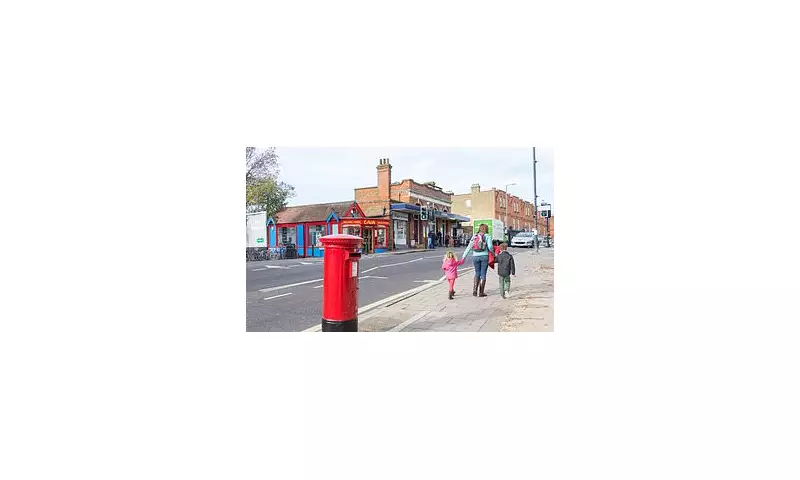
In a startling case that has raised eyebrows across the capital, a Westminster resident has been slapped with a £150 penalty for what many would consider an innocent everyday act - pouring coffee dregs down a drain.
The incident occurred when council enforcement officers observed the woman disposing of her coffee grounds and immediately issued the substantial fine. The justification? Potential environmental damage and drain blockages from what authorities deemed "inappropriate waste disposal."
The Cost of a Coffee Habit
This case highlights what critics are calling an alarming trend of over-zealous enforcement by local authorities. While councils have legitimate responsibilities to maintain public infrastructure and protect the environment, many are questioning whether punishing residents for minor infractions represents value for money or common sense governance.
The £150 penalty far exceeds fines for some more serious offences, leading to accusations that councils are using minor infractions as revenue generators rather than focusing on genuine environmental priorities.
Public Backlash and Common Sense Questions
Local residents and taxpayer advocates have expressed outrage at the disproportionate punishment. Many are asking:
- Should council resources be directed toward such minor incidents?
- Is there clear public education about what constitutes appropriate waste disposal?
- Are warning systems in place before such heavy penalties are imposed?
This case comes amid growing concern about the relationship between local authorities and the communities they serve, with many feeling that common sense has been replaced by rigid rule-enforcement.
Broader Implications for Urban Living
The incident raises important questions about how environmental policies are implemented in urban settings. While protecting drainage systems is important, critics argue that education and reasonable warnings should precede such severe financial penalties, particularly for actions many consider harmless.
As councils face increasing budget pressures, the balance between legitimate enforcement and what some perceive as "revenue gathering" through fines remains a contentious issue affecting communities nationwide.





